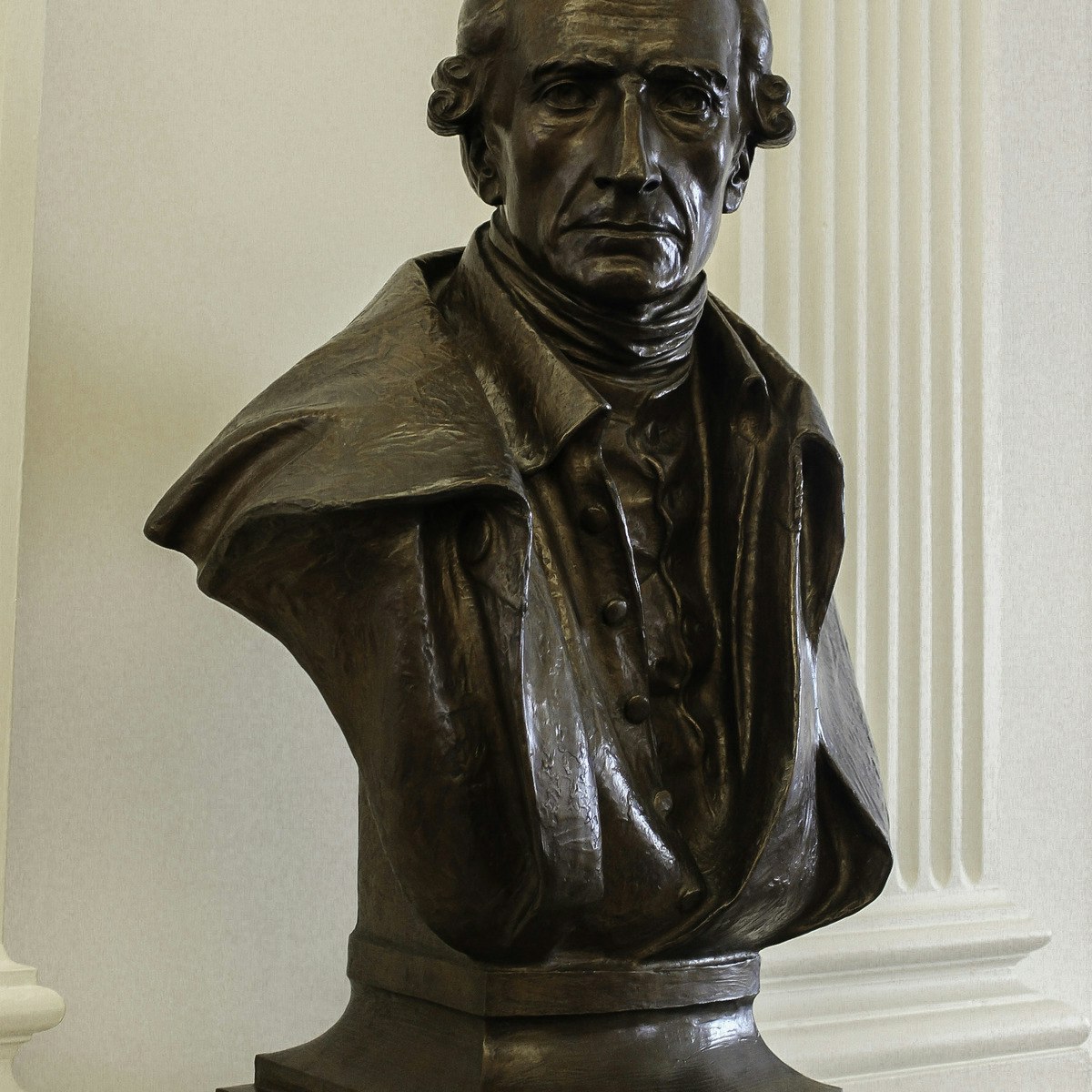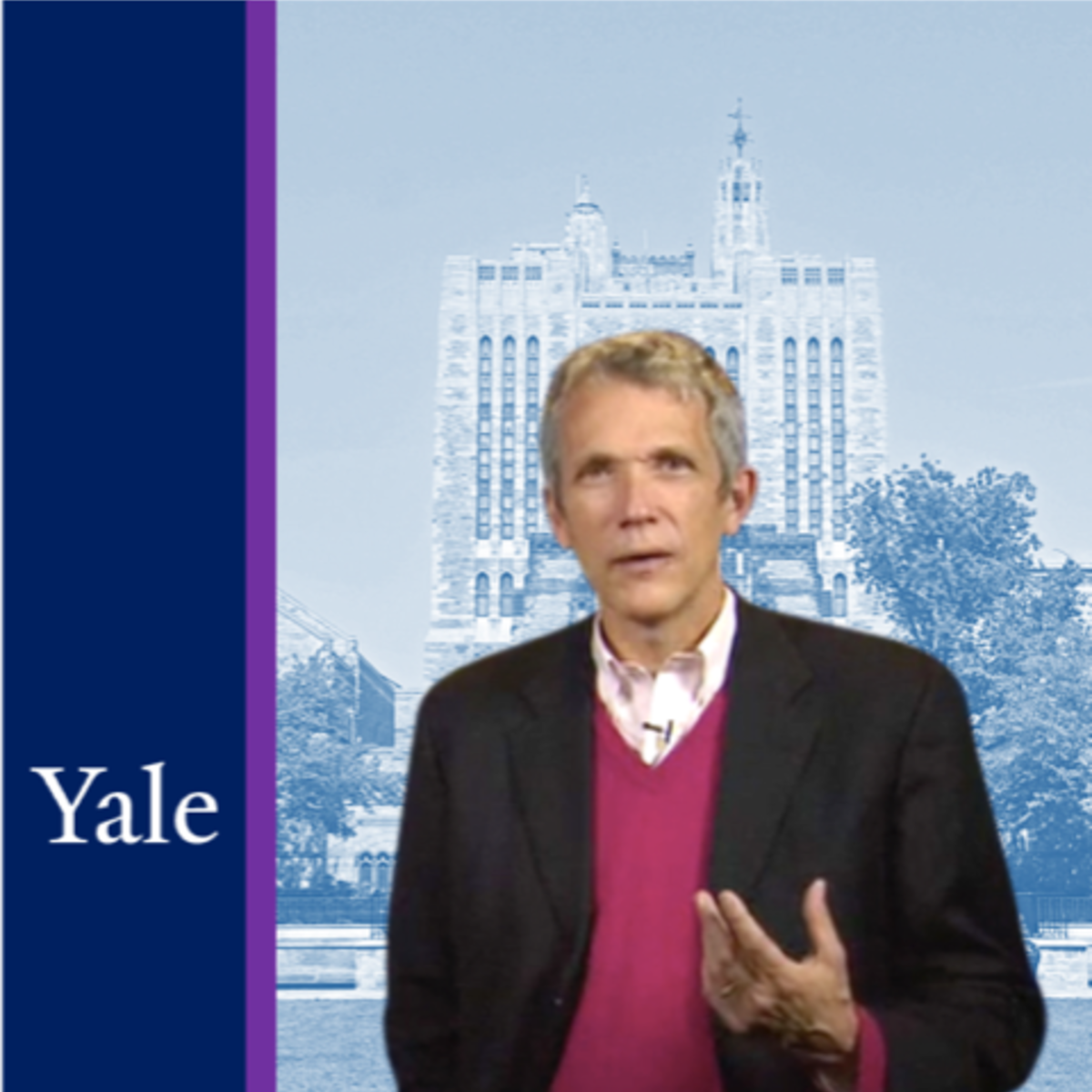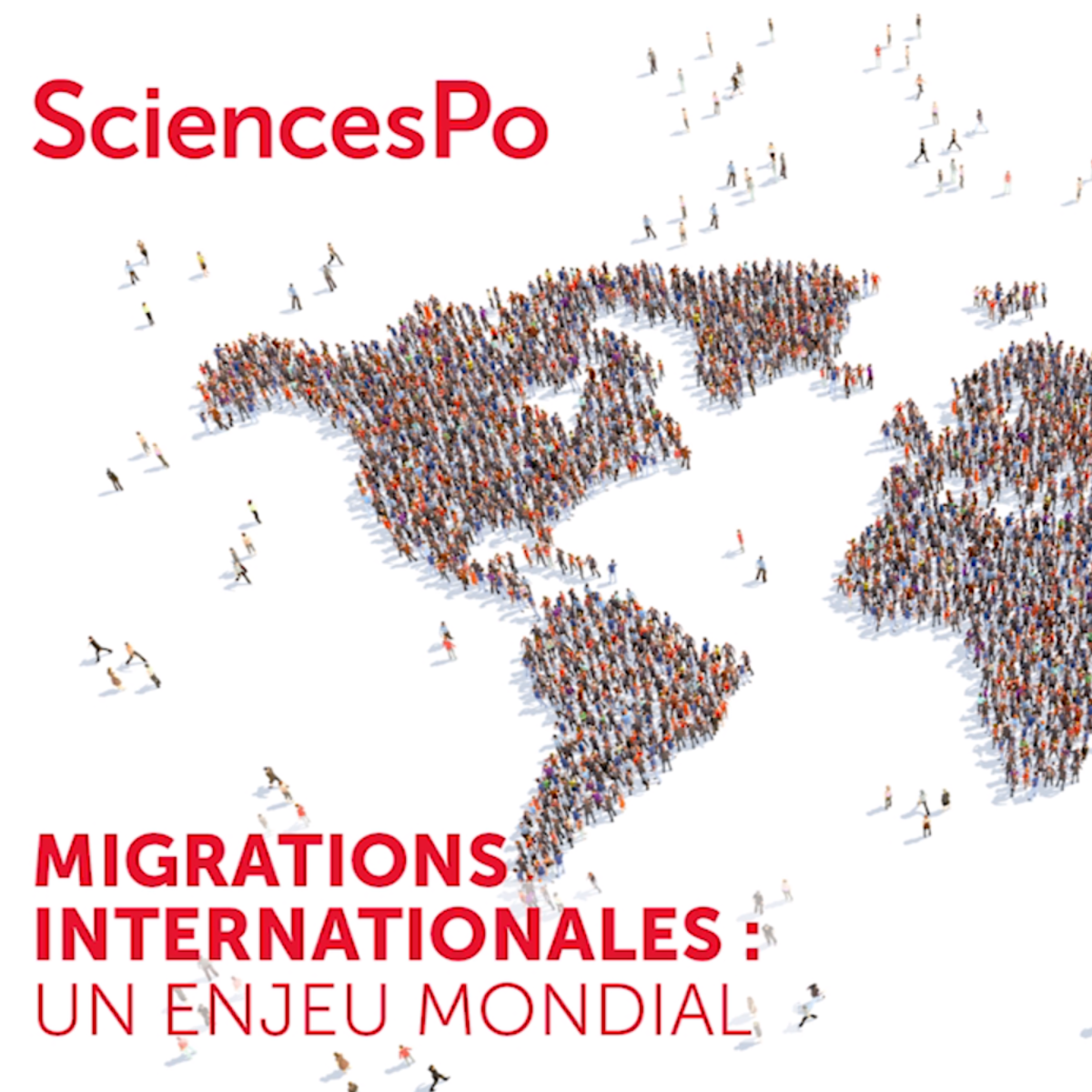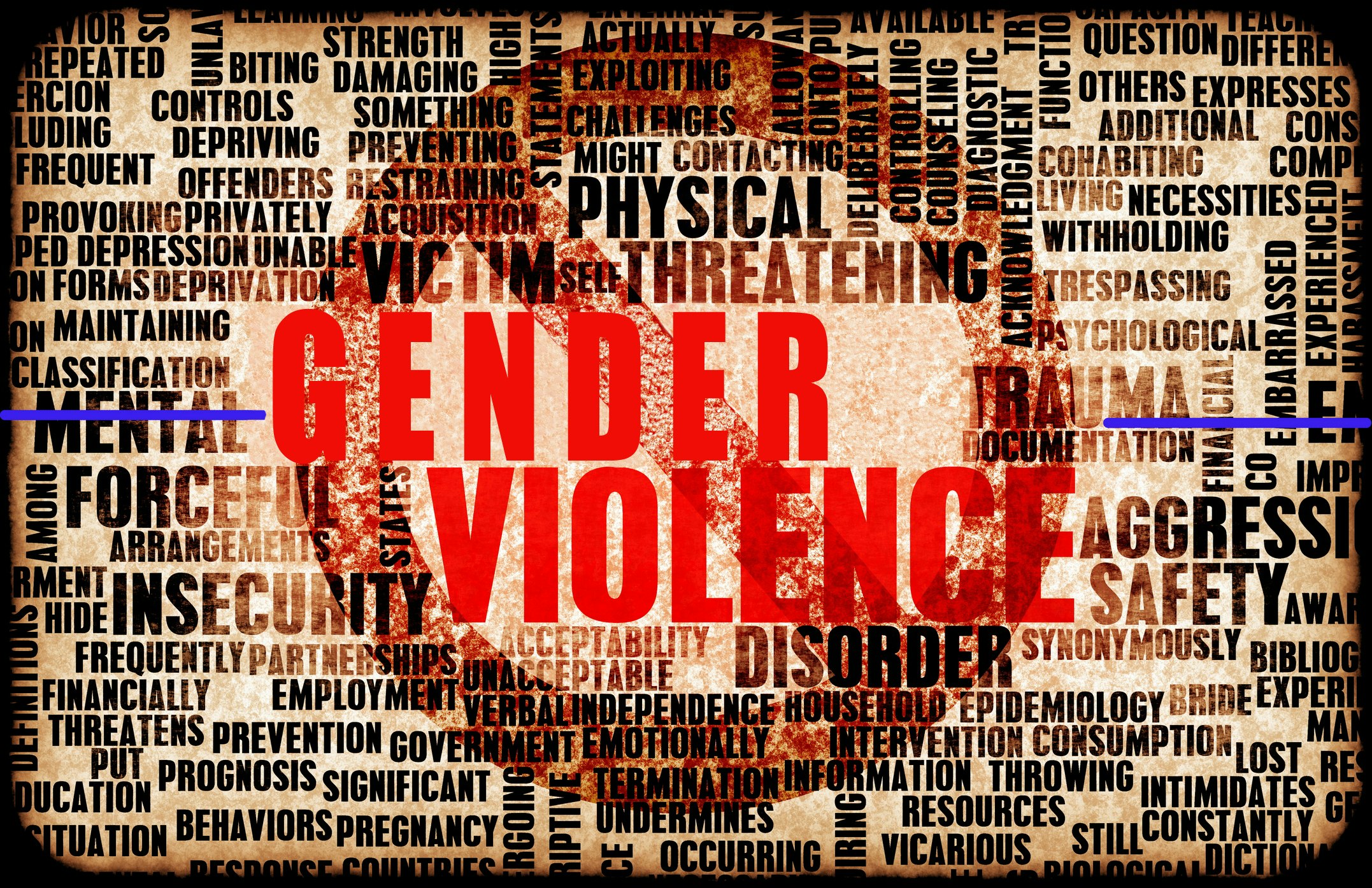Back to Courses









Social Sciences Courses - Page 39
Showing results 381-390 of 672

Israel State and Society
Israel is a country that draws a lot of public attention around the globe. Nevertheless, both those who support Israel and those who are critical of its geopolitical standing and policies, usually have a very limited knowledge about the Israeli society and its political system. This course presents Israel from multiple perspectives - political, social, economic and cultural - in an attempt to expose the learners to a cutting edge academic research on the country.
Each of the 13 sessions is focused on one aspect of the Israeli society. Every session starts with a general introduction of the issue at hand, hosting one expert or more, who share their most recent studies and insights on that specific field. Every 15 minutes, or so, the students are asked to answer an informative quiz of comprised of a single question. Upon the completion of each class, an online chat will be opened. Students studying for credit are expected to participate in it, ask relevant questions and answer questions about the required readings for this class.
Students will graduate from this course with a better understanding of the Israeli society, better knowledge of the Israeli history, politics and economy, and better acquaintance with the varying groups of which the Israeli society is comprised.

Patrick Henry: Forgotten Founder
“Give me liberty, or give me death:” Remembering Patrick Henry, the Forgotten Founder
Patrick Henry was enormously popular during the American Revolution. Even Thomas Jefferson, who over time developed a deep loathing of Henry (some would say jealousy), had to admit that “it is not now easy to say what we should have done without Patrick Henry.” Edmund Randolph, a patriot leader in his own right, explained that “It was Patrick Henry … awakening the genius of his country, and binding a band of patriots together to hurl defiance at the tyranny of so formidable a nation as Great Britain.”
Yet, today, Patrick Henry is ill-remembered; most Americans might recall at best perhaps a snippet from a famous speech: “give me liberty, or give me death.” The reasons for our historic forgetfulness are several: after the Revolution, Henry chose to oppose ratification of the U.S. Constitution, believing that it created a distant and too-powerful government, and he refused proffered position in George Washington’s administration, diminishing his historic memory. Equally important, Henry died in 1799 shortly after a political campaign in which, at Washington’s behest, he opposed Jefferson’s and James Madison’s ill-advised radical states’ rights attack on the U.S. government, and Jefferson spent the next twenty-six years systematically attacking Henry’s legacy.
Patrick Henry, who helped to ignite a revolution, deserves better. This course will explore how he over¬came challenges to reach the pinnacle of Virginia politics and unite Americans behind a challenge to Britain – the eighteenth century’s super-power, why he opposed the U.S. Constitu¬tion, and why he then came out of retirement to defend the people’s Constitution against the attacks of Jefferson and Madison.
Participants should evaluate Henry’s role in proclaiming a revolution and consider whether he had an equally important role in saving it. The course should also develop an improved appreciation for the complex political, economic, and religious forces that shaped the early republic. As a biographical course, it also demonstrates how personalities play an important role in even the most foundational national history.
Image Attribution:
The background image for this webpage is Patrick Henry before the Virginia House of Burgesses by Peter F. Rothermel (1851) with special thanks to the owner, the Patrick Henry Memorial Foundation. The painting of Patrick Henry's 1765 "Caesar had his Brutus" speech (discussed in the second lecture) is entirely romanticized -- neither Henry nor the House of Burgesses looked at all like this -- but it does show that hagiography of Henry, almost god-like veneration, began shortly after this death.

Urbanisation and Health - Promoting Sustainable Solutions
More than half of world’s population lives in cities while only 5% did so in the 18th century. The rapid urbanisation has resulted in for example inadequate infrastructure, physical inactivity, gentrification, air pollution, and growing numbers of slum dwellers. All factors challenging health and wellbeing of the people living in the cities. In addition, when addressing climate change it has become of paramount importance to look at mitigation and adaptation investments tailored to the urban context.
As stated in the Sustainable Development Goal 11 adopted by all United Nations member states in 2015, societies need to be at the forefront in the continuous management and design of urban spaces to secure that cities and human settlements are inclusive, safe, resilient and sustainable.
In this course, you will learn about the key determinants of urban health including demography, climate change, air pollution, noise, transport systems, public and blue and green spaces, and policies and investments affecting sense of community and public safety. You will get a historical overview of the major trends in urban planning and meet a range of stakeholders in urban planning who will provide examples of innovative methods and people-centered approaches to create sustainable solutions.
Finally, you will be provided with a series of resources to inspire you to help create awareness and action around an idea or sustainable solution in the field of urbanisation and health.
The course has been developed (with support from EIT Health) in a partnership between the University of Copenhagen, Universidad Politécnica de Madrid and University of Coimbra.
Researchers and stakeholders in urban planning will introduce you to cases from cities in Denmark, Spain, Portugal and many other urban settings across the world.
The aim of the course is to further interdisciplinary knowledge on urbanisation and health. We plan for the courses to reach citizens and activists as well planners, practitioners and decision-makers with a professional interest in sustainable urban planning from countries around the world.

American Contract Law II
Course description: Contracts I & II provides a comprehensive overview of contract law in the United States. The course covers most of the key concepts found in a first year law school class. Each lecture is based on one or more common-law cases, integrating legal doctrines with policy discussions. The course also covers key sections from the Uniform Commercial Code (UCC), which governs the sale of goods.
By the end of the course, the learner should be able to understand:
Formation defenses: how an otherwise valid contract can be void, including the statute of frauds, mistake, misrepresentation, duress, unconscionability, and illegality.
Performance: the scope and content of a contractual obligation, including conditions, the duty of good faith, and the impracticability defense.
Remedies: the types of available remedies for a breach of contract, including various types of money damages and injunctive relief.

International migrations: a global issue
ABOUT THE MOOC : INTERNATIONAL MIGRATIONS: A GLOBAL ISSUE
Catherine Wihtol De Wenden - CERI CNRS/SciencesPo
ABOUT THE COURSE
The world is moving, but not all opinions and governments are willing to accept this poorly understood reality. The issue affects both states and the planet, in a process of globalization and of regionalization of migrations, and raises new questions for international relations, now including the South. This course aims at improving knowledge of the subject, addressing the key issues raised by international migration, and assessing the trends of tomorrow.
FORMAT
The MOOC lasts 7 weeks and focuses on various themes related to migration. It makes use of various types of document, such as maps, news articles, and scientific papers.
The text is in English and the videos are in French with English subtitles
TEACHERS
Catherine Wihtol de Wenden is Research Director at the CNRS (CERI) and teaches at Sciences-Po. She has been a consultant to many international organizations, notably the Council of Europe and the Office of the High Commissioner for Refugees. From 2002 to 2008, she led the "Migration" research group of the International Sociological Association. Author of some 20 books, and having conducted many field investigations, she also teaches at the Sapienza University of Rome.
COURSE OUTLINE
Session 1: Globalization of migration
Session 2: Refugees and environmentally displaced persons
Session 3: Europe
Session 4: France and international migration flows
Session 5: Citizenship and migration
Session 6: Borders
Session 7: Right to mobility and global governance

Confronting Gender Based Violence: Global Lessons for Healthcare Workers
This course introduces participants from the healthcare sector to gender based violence (GBV), including global epidemiology of GBV; health outcomes; seminal research; and clinical best practices for GBV prevention, support, and management. A core curriculum is supplemented by lectures that contextualize the content with specific examples and programs from around the world. The core curriculum introduces learners to a global perspective on gender based violence (GBV), and includes a review with Dr. Claudia Garcia-Moreno of the new WHO guidelines on responding to violence. Students who wish to receive Honors Recognition will complete the honors module, which expands on the core material and highlights special circumstances and programs.
This is an in-depth course with 2 components:
1) Core curriculum introduces GBV from a global perspective, with an emphasis on ensuring a strong health sector response to GBV and teaching key competencies for social workers, physicians, nurses, midwives, community health workers, counselors, and other healthcare workers. Completion of the core content is required for students to pass the course.
2) Honors curriculum offered by experts from around the world helps students dive deeper into certain issues, and touches on unique populations and specialized topics. Completion of Honors curriculum is required for those students who wish to receive a Certificate of Accomplishment with Honors.
After taking the course, students will be able to:
● Describe the global epidemiology of leading forms of GBV and the evidence linking GBV to poor health.
● Articulate the challenges, strategies, and WHO guidelines for integrating GBV response within the health sector.
● Describe the components of a comprehensive clinical assessment, treatment, and management of a GBV survivor.
● Describe the appropriate psychosocial support and management of a GBV survivor.
Module 1 – Introduction to GBV- Epidemiology and Health Impact
GBV comes in a variety of forms, each with health consequences for the survivor. An understanding of these issues helps inform a comprehensive and multi-sectorial response for preventing and responding to GBV.
Module 2 – Health Care Response, Screening, and Psychosocial Support
Recognition of health impacts of GBV has led to calls to address GBV within the health sector. Support for GBV survivors extends beyond clinical exam and assessment. Safety planning, harm reduction, and access to psychosocial support must be ensured.
Module 3 – Clinical Care for GBV Survivors
Caring for GBV survivors requires compassionate, confidential, and nondiscriminatory clinical assessment. Competent medical and forensic examination, along with appropriate documentation, is essential.
Honors Module – In-Depth Information and Special Topics
This module provides additional materials for those who wish to explore specialized topics and gain a more advanced grasp of the complexities of addressing gender-based violence. Core course topics are expanded upon, and special populations and programs are highlighted. Special topics include violence in humanitarian settings, against adolescents and sex workers, and human trafficking. Further information is provided on epidemiology, policy, and ethical guidelines, as well as the use of mHealth in GBV screening and care. We’ll cover the unique challenges of GBV research, and explore programs that encourage men and boys to be engaged in the prevention of violence against women.
Acknowledgments
This course is a project of the Johns Hopkins Center for Clinical Global Health Education. We would like to gratefully acknowledge the following collaborators:
● Centre for Enquiry into Health and Allied Themes (CEHAT)
● International Center for Research on Women's (ICRW) Asia Regional Office
● Center on Gender Equity and Health at University of California, San Diego
● Division of Global Public Health at University of California, San Diego
● World Health Organization
● RTI International
● Swayam
● Johns Hopkins Bloomberg School of Public Health, Center for Public Health and Human Rights
● Johns Hopkins Bloomberg School of Public Health, Department of Population, Family & Reproductive Health
● Johns Hopkins School of Nursing
This course is made possible through the generosity of the Ujala Foundation, the Vijay & Marie Goradia Charitable Foundation, and the Wyncote Foundation.

Understanding economic policymaking
This is the first of the three courses part of the Globalization, Economic Growth and Stability Specialization. This course will employ a non-technical approach to analyze how governments use policy to influence a country's economy. Upon completing the course you should be able to discuss national debts and deficits, examine fiscal and monetary policy and their appropriateness to the situation of an economy, and anticipate the results of fiscal and monetary policies and structural reform on a country. These concepts will give you the tools to develop your own position in many current economic debates, such as fiscal stimulus vs. austerity, the merits of quantitative easing, the need for higher interest rates or the future growth path of many modern economies.

Urban Nature: Connecting Cities, Sustainability and Innovation
How can we work with nature to design and build our cities?
This course explores urban nature and nature-based solutions in cities in Europe and around the world. We connect together the key themes of cities, nature, sustainability and innovation. We discuss how to assess what nature-based solutions can achieve in cities. We examine how innovation is taking place in cities in relation to nature. And we analyse the potential of nature-based solutions to help respond to climate change and sustainability challenges.
This course was launched in January 2020, and it was updated in September 2021 with new podcasts, films and publications. The course is produced by Lund University in cooperation with partners from Naturvation – a collaborative project on finding synergies between cities, nature, sustainability and innovation. The course features researchers, practitioners and entrepreneurs from a range organisations.

Political Economy of Institutions and Development
This course is part of the SDG initiative <http://www.sdginitiative.org/> addressing the UN Sustainable Development Goals, specifically for the following SDGs [1, 8, 10 and 16]. We hope you will join in our efforts to reach the SDG’s in small but measurable and actionable ways, cooperating with Development Done Differently. Expand your impact. You can create a better world.
In today’s world, politics and economics are interconnected, but what is the nature of this connectivity? What are the power relationships that shape the world economy today and create new challenges for international institutions facing globalization? What makes some countries wealthier than others? Do we face cultural diversity or fragmentation? Does the type of governance effect economic development and social change or is it the other way around? How do we measure it and how trustworthy is the data? These issues and many more will be examined in this course along with a wide library of sources and a biting criticism.

Teacher SEL: Programs, Possibilities, and Contexts
Social and emotional learning, or SEL, student programs have flourished in schools during the last decade. Unfortunately inadequate attention has been paid to teachers’ social and emotional learning.
In this course the instructors (Randy Testa and Dan Liston) introduce and examine distinct and established teacher SEL programs, as well as some alternative possibilities.
This course is a part of the 5-course Specialization “The Teacher and Social Emotional Learning (SEL)”. Interested in earning 3 university credits from the University of Colorado-Boulder for this specialization? If so check out "How you can earn 3 university credits from the University of Colorado-Boulder for this specialization" reading in the first module of this course for additional information.
We want to note that the courses in this Specialization were designed with a three-credit university course load in mind. As a participant you may notice a bit more reading content and a little less video/lecture content. Completing and passing the SEL Specialization allows the participant to apply for 3 graduate credits toward teacher re-certification and professional enhancement. We want to ensure the quality and high standards of a University of Colorado learning experience.
Interested in earning 3 graduate credits from the University of Colorado-Boulder for The Teacher and Social Emotional Learning (SEL) Specialization? Check out "How you can earn 3 university credits from the University of Colorado-Boulder for this specialization" reading in the first week of this course for more information.
